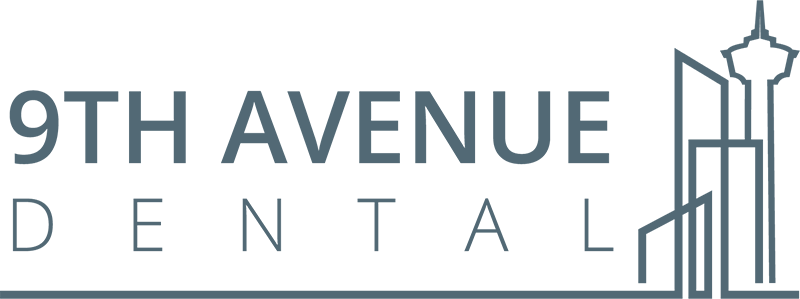Sleep Apnea Testing
Getting a good night sleep is so important to living our busy lives. Many people suffer from Obstructive Sleep Apnea (OSA) which can pose significant health risks if not treated. If you are unable to get a good night’s sleep, contact us to arrange a FREE screening and to set-up your home sleep test.
We Can Help:
Book a FREE Screening
Obstructive Sleep Apnea Awareness
If you feel you may suffer from a form of Sleep Apnea, you can receive your test screening for Obstructive Sleep Apnea (OSA) at 9th Avenue Dental. This medical condition, if untreated, can pose a significant health risk to patients such as a heart attack or stroke and can potentially decrease up to 15 years of lifespan, as it is known to pose day-to-day drains on energy levels while affecting a person’s mood. Addressing this ailment, our patients can see a positive influence to their well-being and have more reason to smile.
As dentists we often see the associated physical conditions such as wear on teeth through clenching and grinding and the affects to the tissue in the mouth that all link back to OSA. It is also a major issue in children that if left undiagnosed or untreated can have a significant impact on their facial growth and development. So we make sure to screen for it at our dental practice and can then administer an overnight sleep study.
We work with sleep physicians to get a formal diagnosis and then proceed to discuss treatment.
Treatment Options
There are really only two treatment modalities to effectively treat Obstructive Sleep Apnea:
CPAP, which has traditionally been industry standard within licensed sleep clinics, works very well but is a bulky, loud piece of equipment and is difficult to travel with. CPAP compliance (patient use) is lower than expected, partly because so many people get diagnosed, spend money on this device and don’t make regular full use of it and then remain untreated.
The other option is a Mandibular Repositioning Appliance or Mandibular Advancement Appliance, which is similar to a night guard but repositions the lower jaw to open the airway when a patient is sleeping. This appliance has much higher compliance and some people who have a CPAP still use of this appliance when they travel. The unique thing about this, generally, is that it tends to be prescribed with a “trial and error” approach. Hence, why the medical community tends to have mixed reviews about it.
The specialist equipment we use at 9th Avenue Dental actually tests a patient by moving their jaws with a test appliance, in order to confirm whether they respond to the treatment and also gives our clinicians the exact position to set their jaw so that we can know with very high confidence that this positioning of the device will treat their OSA.
Mandibular Devices
We employ specialist testing equipment to determine treatment response before undergoing any corrective procedures. We can offer significant benefits to our patients by allowing an accredited sleep physician to prescribe treatment for OSA.
Sleep Hygiene Guide
The most common cause of insomnia is a change in your daily routine. For example, traveling, change in work hours, disruption of other behaviours and relationship conflicts can all cause sleep problems. Good sleep hygiene is important to maintaining good sleep.
Good Sleep Hygiene
- Go to bed at the same time each day.
- Get up from bed at the same time each day.
- Get regular exercise each day, preferably in the morning. There is good evidence that regular exercise improves restful sleep.
- Get regular exposure to outdoor or bright lights, especially in the late afternoon.
- Keep the temperature in your bedroom comfortable.
- Keep the bedroom quiet when sleeping.
- Keep the bedroom dark enough to facilitate sleep.
- Use your bed only for sleep and sex.
- Take medications as directed. It is helpful to take prescribed sleeping pills one hour before bedtime, so they are causing drowsiness when you lie down, or 10 hours before getting up, to avoid daytime drowsiness.
- Use a relaxation exercise just before going to sleep.
- Muscle relaxation, imagery, massage, warm bath, etc.
- Keep your feet and hands warm. Wear warm socks and/or mittens or gloves to bed.
Bad Sleep Hygiene
- Exercise just before going to bed.
- Engage in stimulating activity before bed, such as playing a competitive game, watching an exciting program on television or movie, or having an important relationship discussion.
- Have caffeine in the evening.
- Read or watch television in bed.
- Use alcohol to help you sleep.
- Go to bed too hungry or too full.
- Take another person’s sleeping pills.
- Take over-the-counter sleeping pills, without your doctor’s knowledge. Tolerance can develop rapidly with these medications. Diphenhydramine (an ingredient commonly found in over-the-counter sleep meds) can have serious side effects for elderly patients.
- Take daytime naps.
- Command yourself to go to sleep. This only makes your mind and body more alert.
If you lie in bed awake for more than 20-30 minutes, get up, go to a different room (or different part of the bedroom), participate in a quiet activity, and then return to bed when you feel sleepy. Do this as many times as needed.


